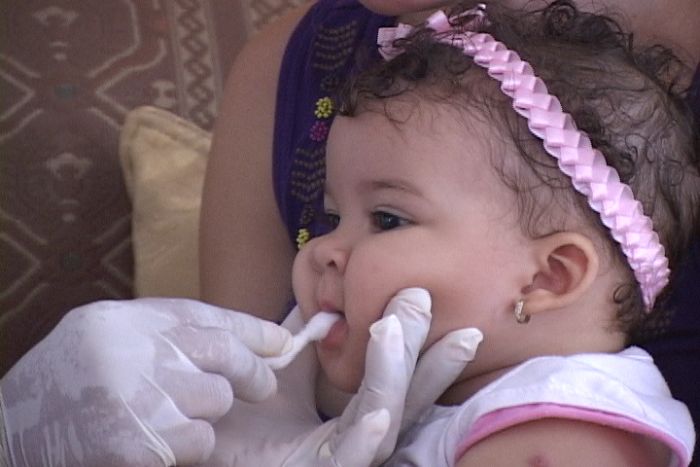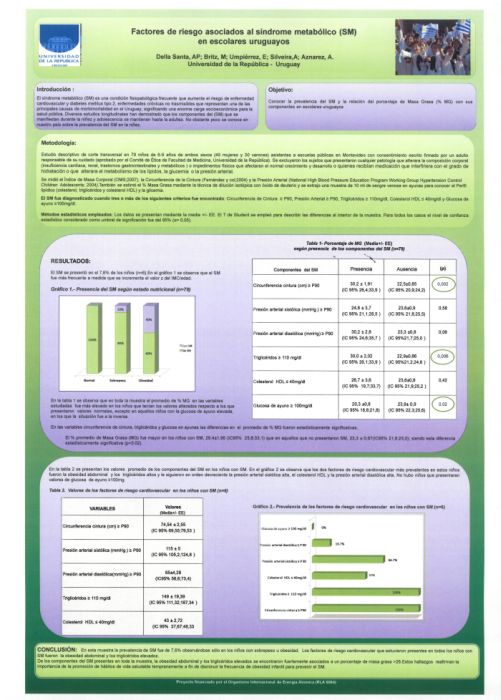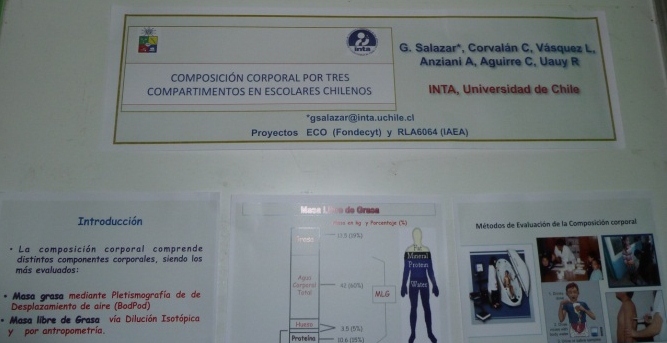The impact of early nutrition on health is great. Poor nutrition has the potential to affect future life, including mental development and vulnerability to many diseases, including increased risk of non-communicable diseases (NCDs) later in life. The IAEA, through its technical cooperation (TC) programme, carries out projects that help countries to use stable isotope techniques to develop and evaluate national nutrition programmes.
The contribution of the IAEA's technical cooperation projects to the use of stable isotopes in measuring human health is increasingly recognized. In 2012, during the 16th Conference of the Latin American Nutrition Society in Havana, Cuba, 14 posters were presented that showcased results from successful IAEA projects. Fields covered included physical activity, clinical nutrition, nutrition and non-communicable diseases and public health nutrition. In addition, more than 100 interested nutritionists attended the IAEA's side event on the benefits of nuclear techniques in nutrition.
Stable isotope techniques can provide essential information on micronutrient status, the composition of the body, and total daily energy expenditure, which can be used to develop and evaluate public health interventions to promote exclusive breastfeeding and appropriate complementary feeding in infants and young children, evaluate food supplementation programmes, and school based programmes for healthy eating and increased physical activity to prevent obesity related NCDs. Stable isotopes are safe and non-radioactive, and provide very sensitive and specific measurements to determine the precise nutritional status of a population. This information can then be used by policy makers to develop effective intervention programmes, contributing to better health.
Currently, the IAEA carries out 24 ongoing national and regional TC projects related to human nutrition around the world. These include projects to evaluate infant and young child feeding practices, nutritional status of lactating mothers and their infants, obesity and related risk factors for NCDs in school children, and the relationship between nutritional status and vulnerability to infectious diseases in infants and young children. The IAEA, together with other partners, is supporting more than 50 Member States to improve nutrition and health in women of childbearing age and their children


